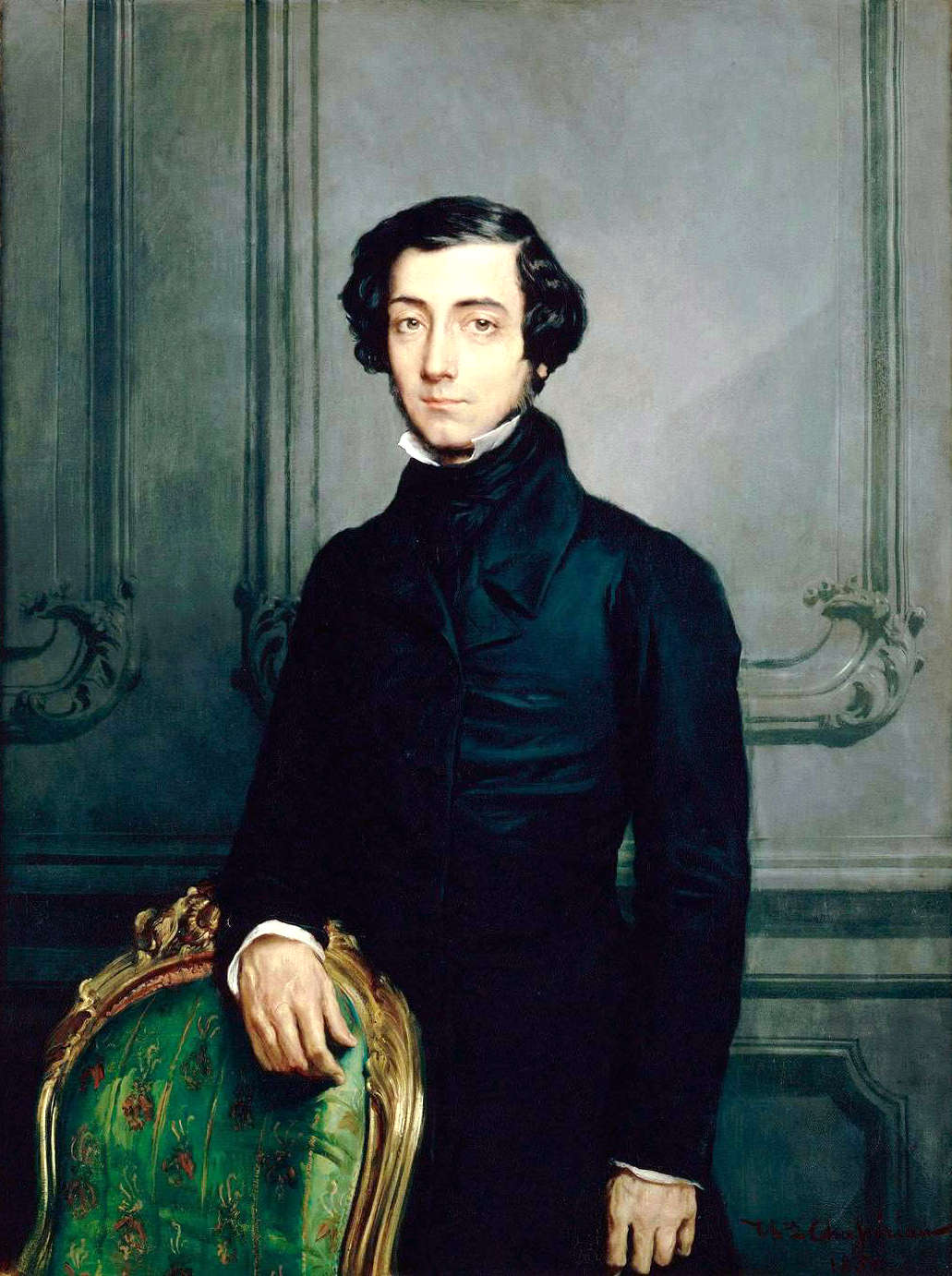
When analyzing politics and society in the Arab and Islamic world, it is admirable and important to break away from a Western-centered analysis. This move is not sufficient though. There is a temptation to continue to fall back on theories and rhetoric that have emanated from the west and have informed exactly that from which one attempts to break away. Furthermore, when discussing public discourse in the Arab world, it is imperative that one addresses the importance of Islam and its continuing vital role in Arab and Middle Eastern politics, despite Western scholarship’s tendency to suggest a historical end that involves the marginalization of religion. I appreciate Professor Challand’s posts in Deliberately Considered and the admirable move of breaking away from Western-centered analysis, but I think his posts suffer from theoretical temptation and an insufficient appreciation of the role of Islam.
It is true that civil-society is more than “NGOs and the developmental approach which imagines that the key to progress is when donors, the UN or rich countries, give aid to boost non-state actors, in particular NGOs, in the ‘developing south’” as Professor Challand asserts in his post “The Counter-Power of Civil Society in the Middle East.” I believe, though, that one must also conceive of civil-society and democratic institutions as more than a source for “collective autonomy” using other than secular slogans in the tradition of Tocqueville and Hegel.
Writing a history of democracy would have to include analysis such as de Tocqueville’s, but we should also remember that de Tocqueville wrote:
Muhammad brought down from heaven and put into the Quran not religious doctrines only, but political maxims, criminal and civil laws, and scientific theories. The Gospels, on the other hand, deal only with the general relations between man and God and between man and man. Beyond that, they teach nothing and do not oblige people to believe anything. That alone, among a thousand reasons, is enough to show that Islam will not be able to hold its power . . .
Read more: Beyond the West: A Critical Response to Professor Challand’s Approach to the Arab Transformations


